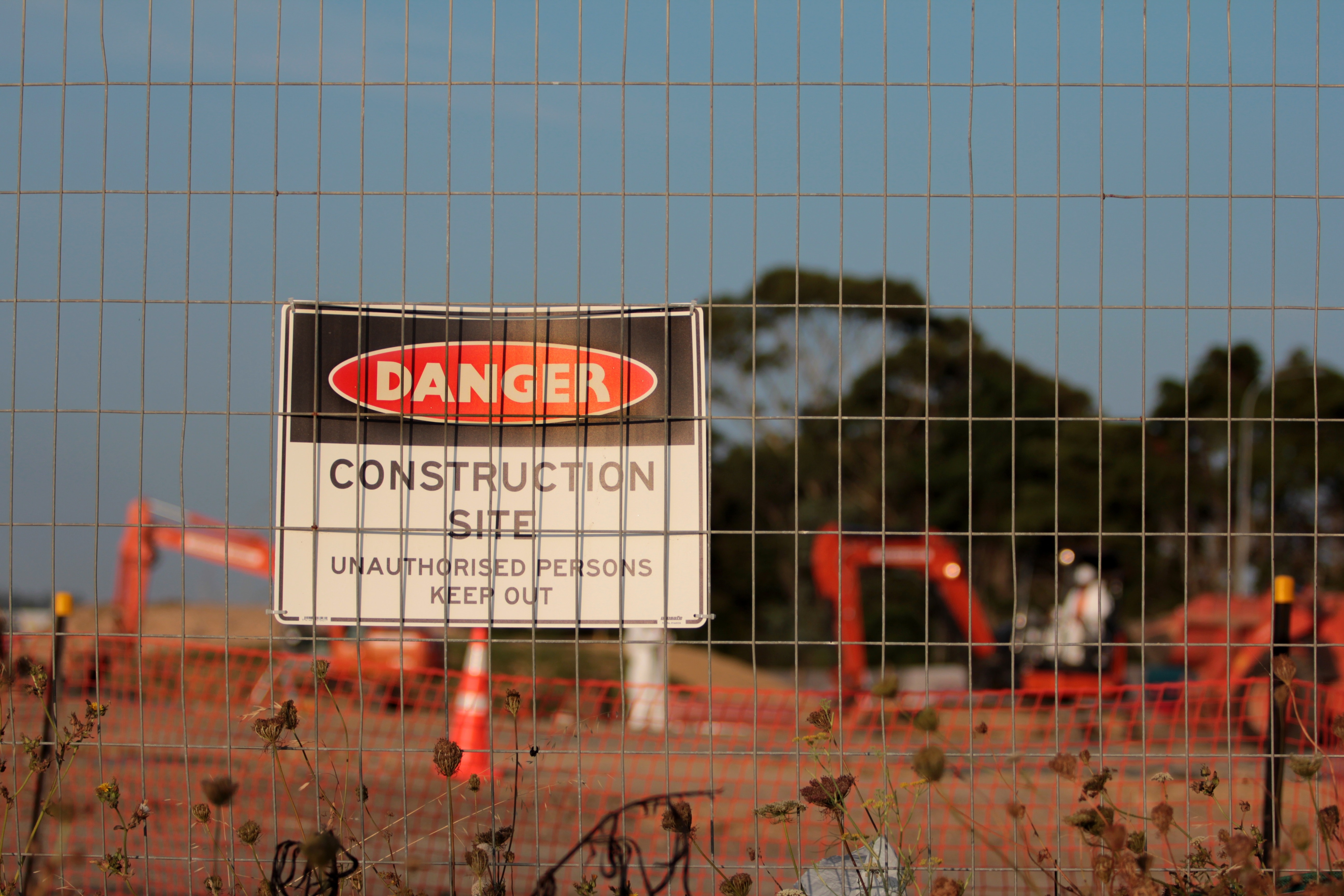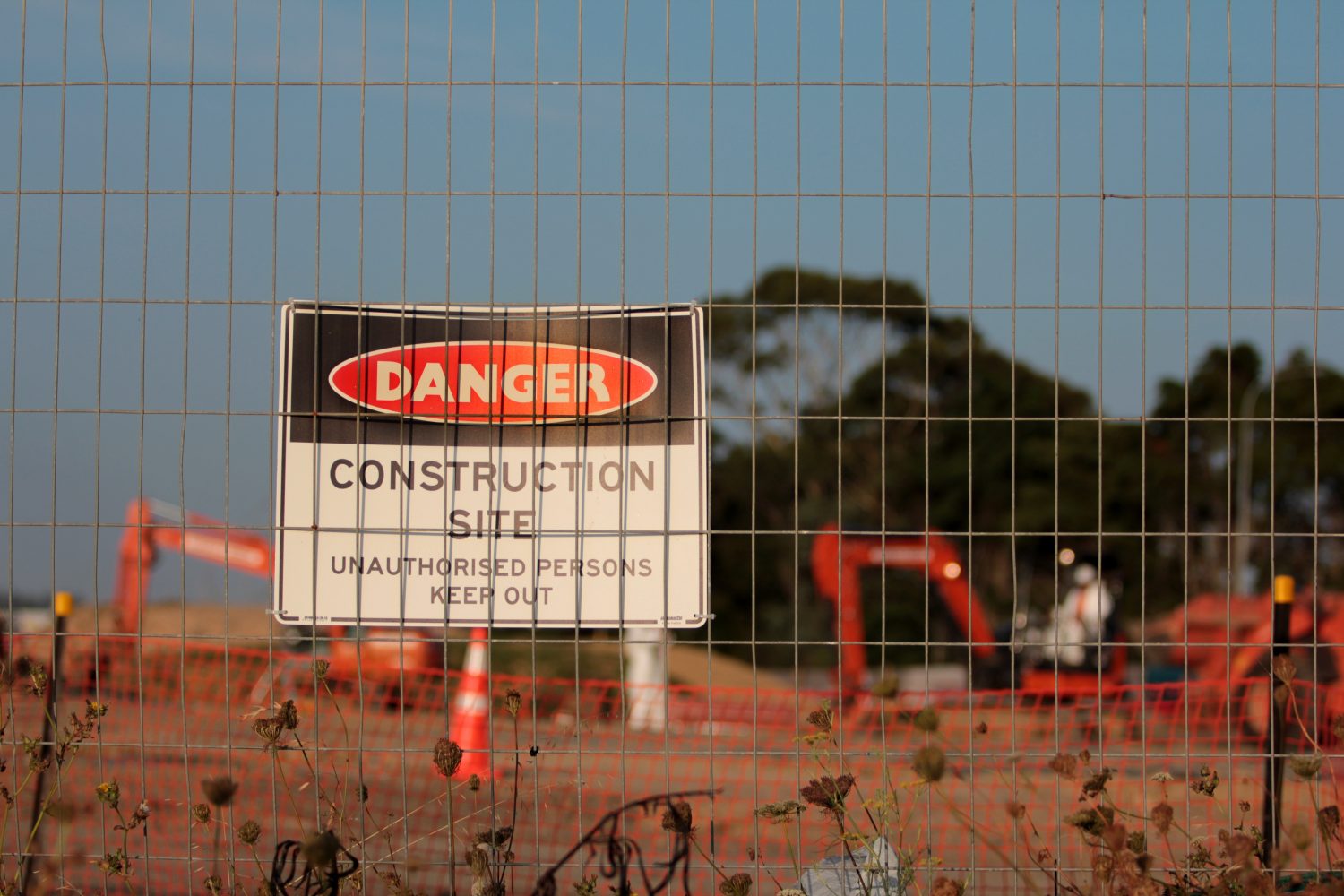Each year, World Day for Safety and Health at Work is observed on April 28th. This day ensures that there is an annual campaign to promote work that doesn’t jeopardise your health or your safety, including your mental health. It is observed by the International Labour Organisation and has been since 2003.
Some people work in very dangerous fields and there should already be policies and procedures in place to protect them. However, sometimes risks are less obvious, and we need to consider those as well.

The Figures
Each and every day, over 6,000 people are estimated to die as a result of occupational accidents or diseases that they have contracted related to work. This quickly adds up to over 2 million per year.
According to Safe Work Australia, 3414 workers died right here between 2003 and 2016. 44 people worked in agriculture, while a staggering 39% died due to a vehicular collision.
Given that there are about 317 million workplace accidents annually across the world, people are at risk of serious long-term damage, including disability. There is a massive human cost, and the economy suffers due to extended absences from work. In fact, the burden of poor occupational safety and health practices is estimated to cost 4% of global Gross Domestic Product every year. So, it’s in your employer’s—and everyone’s—best interests to care!
What Causes Occupational Risks At Work?
There are lots of reasons that workplaces might not be safe. Perhaps you’re working in new conditions that you’re not used to, or you’re being asked to operate machinery that you haven’t been properly trained in? Training and certification are vital in many professions.
Sometimes, risks don’t seem noticeably threatening. You might be asked to drive as part of your routine tasks, or someone could spill something in the break area which could then pose a threat. Your building might contain dangerous substances, such as asbestos, which do damage over long periods of time.
A lot of people work in environments that are not traditionally thought of as dangerous, for example in offices. Sometimes, staring at the computer screens for too long, or sitting in a chair that hurts your back can be an occupational risk.
Alternatively, it might be that your employer doesn’t comply with Australian Fair Work standards. These are not guidelines, these are laws. They apply even if you are a new migrant to the country—these groups can be particularly vulnerable to exploitation.
Don’t forget, not all risks are physical. Perhaps your workload has increased because you’re short staffed, or you’re not getting along with colleagues or a boss. This can lead to higher stress levels. Mental illness is incredibly important and has to be taken as seriously as physical risks.
Work & Disability
Many people work in care for the disabled, such as our lovely Support Workers. We regularly ensure that our staff undergo training, to ensure that they are safe when using specialised equipment, lifting and supporting clients or even dealing with workplace violence.
Of course, many of our clients have jobs of their own. It is not acceptable for your employer to put you at extra risk, and consideration must be put in place to ensure that you don’t suffer accidents. Disabled people are actually statistically less likely to suffer incidents at work, and they take fewer sick days as well!
Your Rights
You have the right to go to work in a safe environment, and for it to be a healthy place as well. There are defined responsibilities and duties expected from employers.
Most workplaces are very good at trying to protect you from danger, but accidents do happen and you need to know what to do if something goes wrong. Unfortunately, exploitation can and happens too, even in Australia. You are allowed to speak out.
What To Do If You’re Struggling
There are people you can contact if you believe you’re working somewhere that’s unsafe, or if you think you’re treated unfairly or without respect.
Firstly, you can talk to your employer. When it comes to health matters, many will be sensitive to your concerns. If it’s not practical or you don’t feel comfortable doing so, you can contact Safe Work Australia and Fair Work to make complaints or learn more.
If you would like to learn more about how Zest ensures health and safety for its staff, please get in touch. Alternatively, if you want to know how our Support Workers can help you get back into the workplace with a disability, whether the result of a workplace accident or not, we would love to hear from you.








